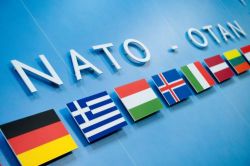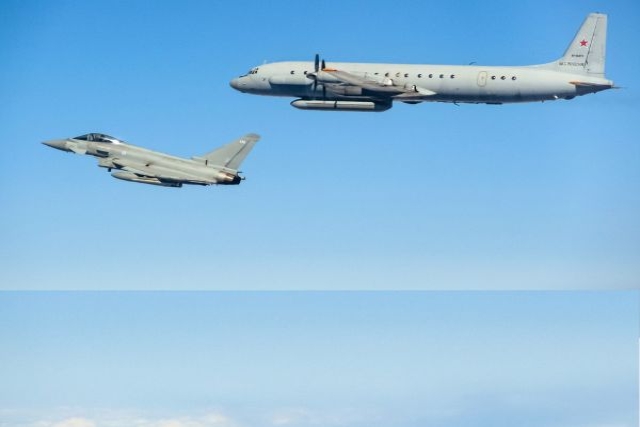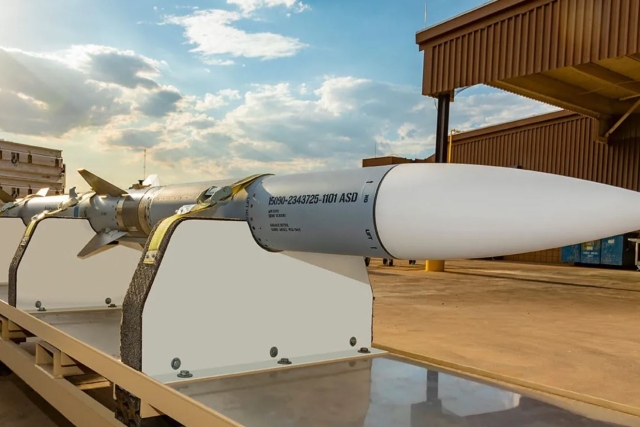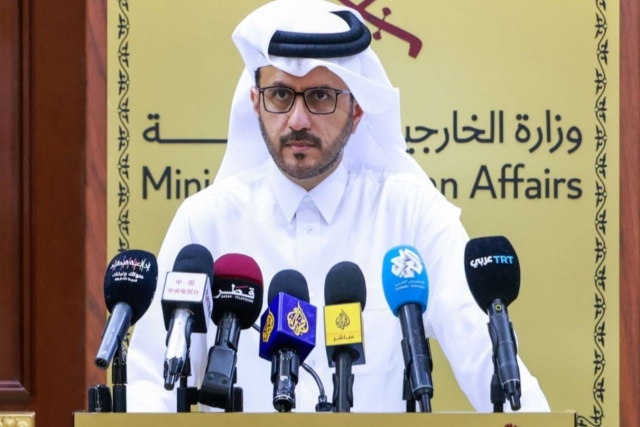NATO Plans Hackers Army To Defend Cyber-Security

NATO has recently announced their plans to set up rapid reaction teams to fight the number of growing cyber-attacks on their military alliances.
"In the progress report we have adopted today, we agreed to establish rapid reaction teams that can help protect NATO's own systems," alliance head Anders Fogh Rasmussen said.
This "cyber-defence capability should be fully operational by the autumn," Rasmussen told a press conference.
"This is a first phase. A second phase would be to look into how the alliance can respond to requests from Allies who come under cyber-attack," he said.
Rasmussen stressed that cyber-security for the defence of the electronics information systems at the heart of modern warfare remains the responsibility of its 28 member states.
But "this is a serious challenge (which)... can have devastating consequences," he said, adding that NATO suffered more than 2,500 attacks last year. "An attack on one ally, if not dealt quickly, can affect us all".










